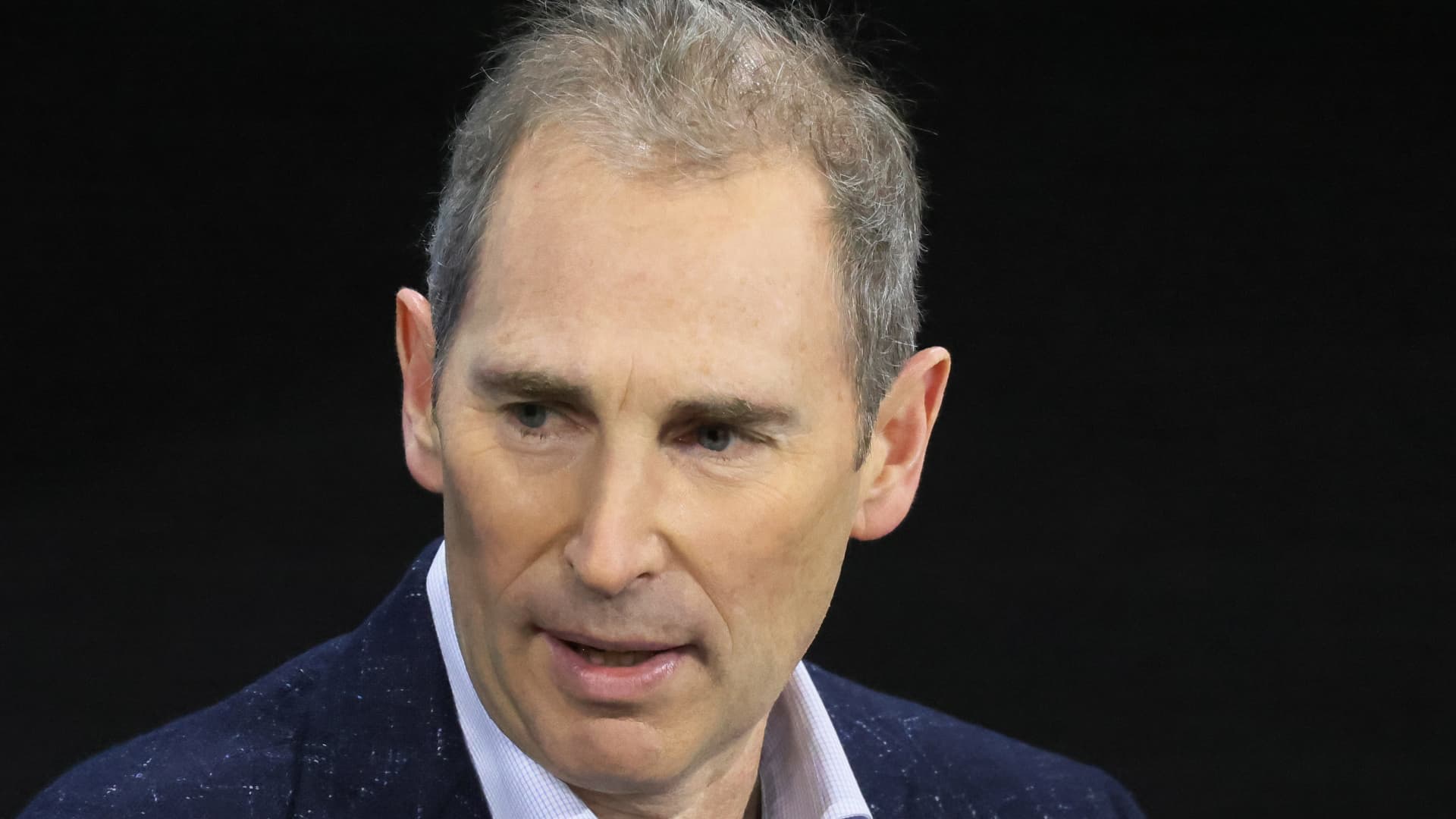Products You May Like
The Federal Trade Commission has filed its long-anticipated antitrust lawsuit against Amazon.
In a sweeping complaint unveiled Tuesday, the FTC and attorneys general from 17 states accused Amazon of wielding its “monopoly power” to inflate prices, degrade quality for shoppers and unlawfully exclude rivals, thereby undermining competition.
The agency laid out a two-pronged strategy by which Amazon “unlawfully maintains” its monopoly power. It pointed to so-called anti-discounting measures the company uses to punish sellers and deter other online retailers from offering lower, more competitive prices than Amazon, which translates to keeping prices higher for products across the internet, the FTC said.
Amazon also “effectively requires” that sellers use its “costly” fulfillment services in order to obtain the vaunted Prime badge for their products, the FTC said, which in turn makes it more expensive to do business on the platform.
These tactics have degraded the shopping experience on Amazon, the FTC added, and forced sellers to pay expensive fees to market their goods on the site, while facing no other choice “but to rely on Amazon to stay in business.”
The lawsuit is a major milestone for FTC Chair Lina Khan, who rose to prominence for her 2017 Yale Law Journal note, “Amazon’s Antitrust Paradox.” Khan argued in the article that the prominent antitrust framework at the time failed to capture the true extent of Amazon’s dominance and potential harm to competition. Through her work at the FTC, Khan has sought to reset that framework and push the boundaries of antitrust law through risky legal battles.
Amazon sought Khan’s recusal from antitrust investigations into its business, arguing that her past writing and critiques showed she had prejudged the outcome of such probes.
The charges are the culmination of several years of pressure on federal enforcers to deal with what some competitors, sellers and lawmakers saw as anticompetitive practices. Amazon was one of four Big Tech companies investigated by the House Judiciary subcommittee on antitrust, which found it held monopoly power over most of its third-party sellers and many suppliers. The majority Democratic staff at the time alleged that Amazon shored up “competitive moats” by acquiring rival sites like Diapers.com and Zappos.
At the time, an Amazon spokesperson said in a statement that “large companies are not dominant by definition, and the presumption that success can only be the result of anti-competitive behavior is simply wrong.”
Founded by Jeff Bezos in 1994, Amazon has transformed from an online bookseller into a retail, advertising and cloud computing giant with a staggering market valuation of roughly $1.4 trillion. The company has sought to expand its dominance by entering verticals like health care, streaming, and grocery, acquiring primary care provider One Medical, legendary film and television studio MGM, and upscale supermarket chain Whole Foods.
Those moves have attracted intense regulatory scrutiny. The House subcommittee report also accused Amazon of abusing its position in online retail to harm third-party merchants who rely on the platform to sell goods, and alleged it uses “strong-arm tactics” to bully retail partners. The FTC is also reviewing Amazon’s planned $1.7 billion acquisition of Roomba maker iRobot on antitrust grounds. Amazon recently paid roughly $30 million to settle two privacy lawsuits brought by the FTC concerning its Ring doorbell and Alexa units. The agency followed up in June with a lawsuit accusing Amazon of tricking users into signing up for Prime, while making it too difficult for them to cancel.
Amazon’s marketplace has transformed into a linchpin of its e-commerce business since its launch in 2000. The company had already expanded beyond its origins as a bookseller to offering things like CDs and videos. But once it opened its doors to third-party sellers, it supercharged the number and variety of products for sale on its website, earning it the moniker “the everything store.”
The third-party marketplace has given Amazon access to a higher-margin business than just selling books. It has also increased the fees it charges sellers to do business on its site, run advertisements, and tap into its fulfillment and delivery services. In the first half of 2023, the company collected a 45% cut of every sale made by sellers in the U.S., up from 19% in 2014, according to the nonprofit Institute for Local Self Reliance. Sales from third-party sellers now comprise 60% of total units sold, the company recently disclosed.
This story is developing. Check back for updates.
WATCH: A look inside Amazon’s new $2.5 billion headquarters in Arlington, Virginia
